Fahadi: the young activist leader looking to shake up theatre
Working as an associate director with National Theatre Wales and Common Wealth, this young guy from East Cardiff is ready to stamp his mark
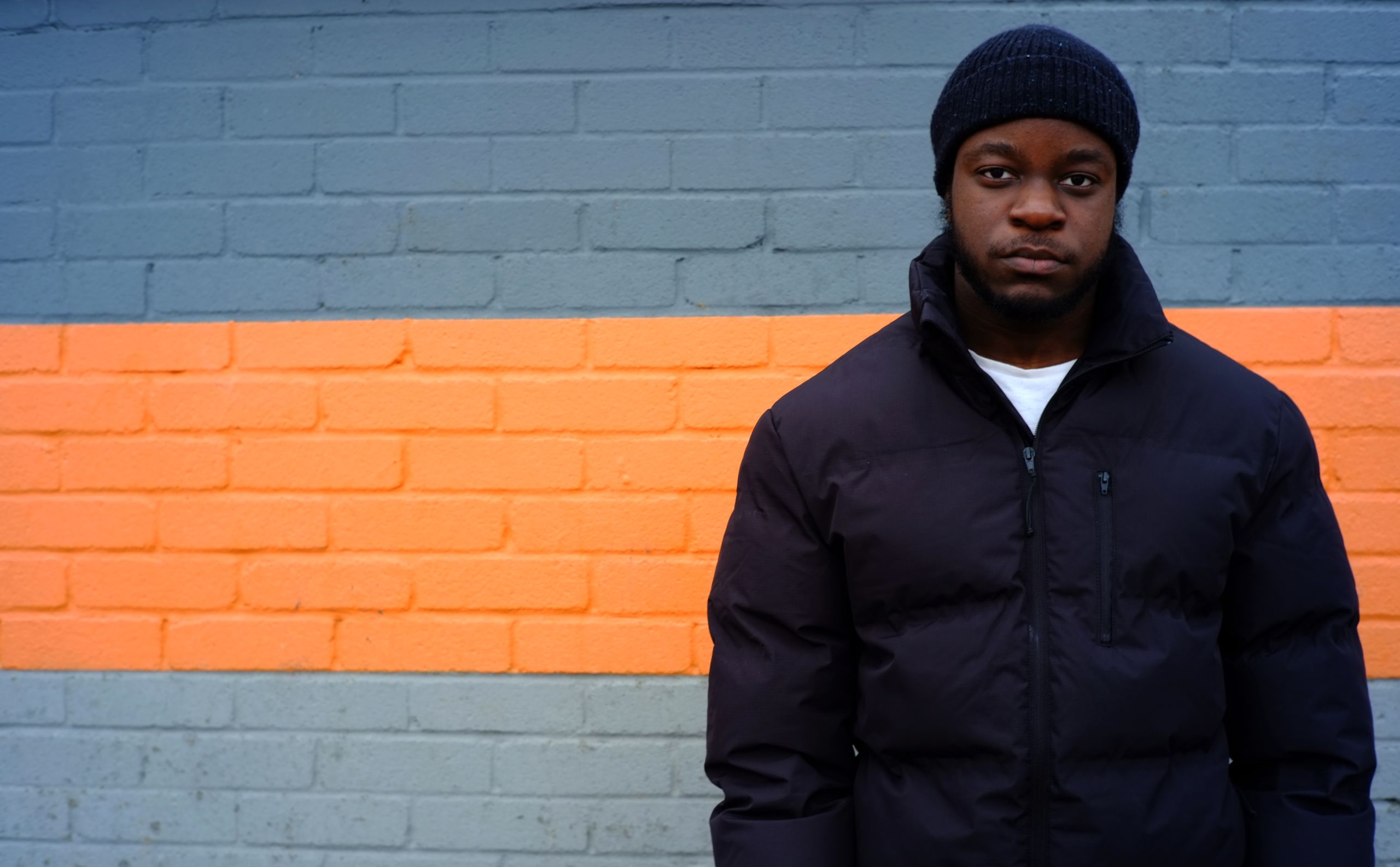
The sun had made an appearance, but the fields by Eastern Leisure Centre in Llanrumney were fully bogged from two days of intense rain. I’d just met up with Fahadi, and in our eagerness to get into conversation we found ourselves stranded and staring apologetically towards our suddenly wet and mud splattered Nike Air Max.
Fahadi is 19, lives in East Cardiff and has recently landed a 12 month trainee associate director position with Common Wealth and National Theatre Wales - despite having never set foot in a theatre. The position is funded by Jerwood Arts, an incredible organisation pursuing active change by placing under-represented people in high ranking positions of creative control. In Fahadi’s case that means young, black and working class. Surprised at himself for forgetting the practical logistics of a spot where he’d spent a lot of his youth, he lead us on our trainer rescue mission to a semi sheltered seat by the empty basketball courts.
It’s easy to see how he has found himself at the top table of theatre in Wales. Fahadi is engaging, could bottle and sell charisma and has plans for the world. It’s not all serious though and putting his deep cultural understanding aside, Fahadi is just a nice, charismatic guy with an infectious laugh. A laugh that disappeared sharply as I pulled out my camera.
“I don’t smile in photos,” he asserts clearly.
Fahadi knows he has been handed an opportunity to make real change happen and charm aside, he is deadly serious about it. He is ready to challenge the barriers between the arts and the working class, focussing on the people of his own community and shining a light on all they have to offer. He will create theatre, art, film, something - and that something will be tangible and this is all that matters. It’s hard to accept that everything coming out of his mouth was created in a 19 year-old mind. But when you understand the core of Fahadi and his approach to life, things begin to make a lot more sense.

Starting out
Fahadi grew up in Grangetown and moved to Llanrumney in East Cardiff when he was nine. He left a community of people he had begun to build relationships with and found himself somewhere where familiar faces were sparse. Though he adjusted quickly, this early impression about the importance of community and the impact that isolation can have was significant for young Fahadi. In many ways these early days laid the groundwork for the kind of man he has become.

Fahadi had a good childhood with his nurse mum and sister, didn’t get himself into much trouble and sees the absence of a father as an opportunity rather than a hindrance.
“I’m a self constructed man, you know, the lessons that would have been taught to me - you kind of have to teach yourself,” says Fahadi. “So you become more rounded and more understanding.”
Fahadi is more interested in whether his child self would approve of his life choices than commanding the respect of his peers. As he settles into our conversation with the cool ease of a media trained 30 year-old, dictates the flow of the conversation and asserts his socially conscious liberal manifestos - it seems he has probably passed this personal test.

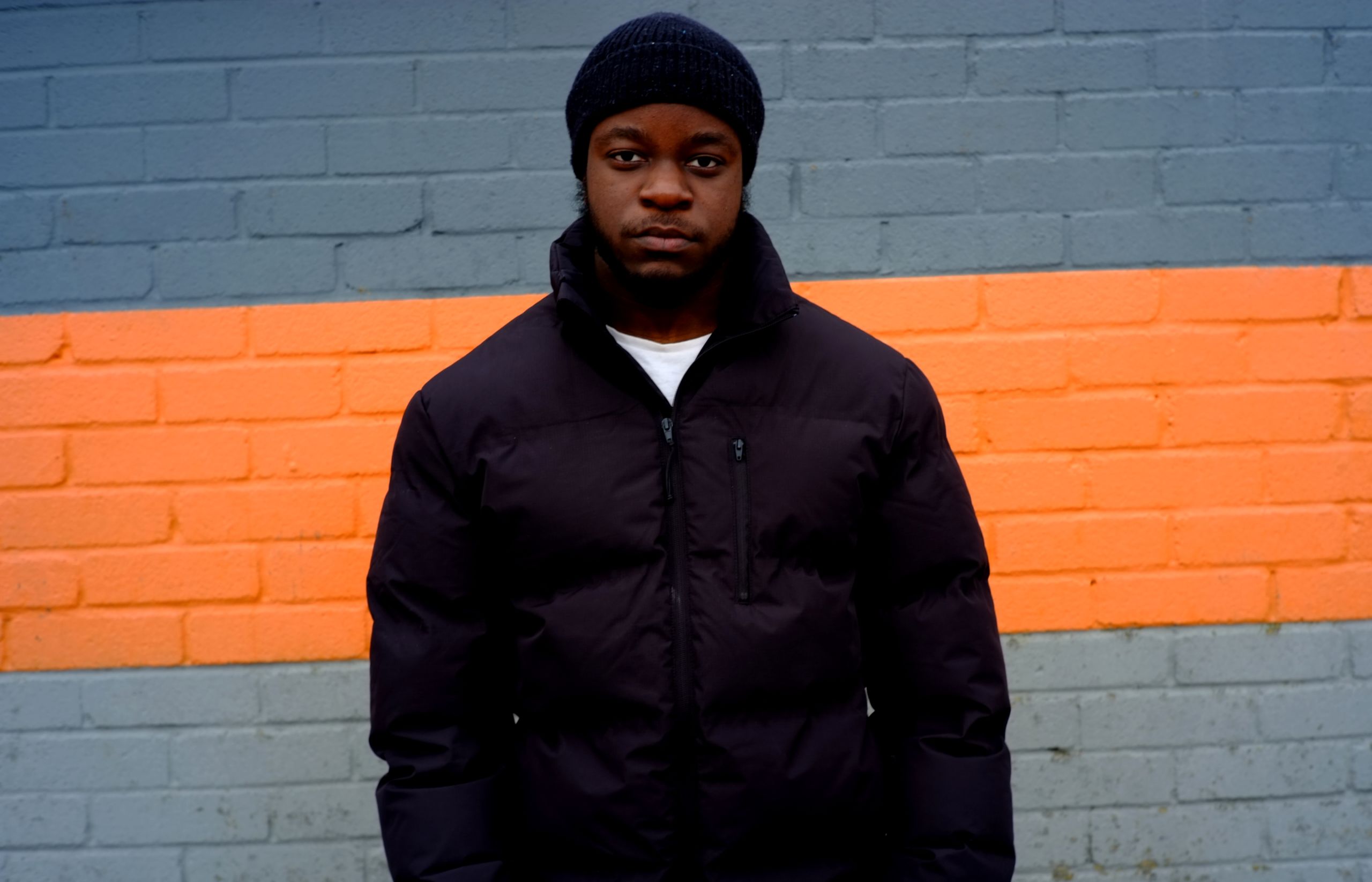
“I said to myself, ‘I got to do something to stand out and get out of this cycle of just wasting my time,’” said Fahadi. “So I ran for head boy. I got it.”
This decision was a catalyst. It lit something inside him. Fahadi was transformed from a normal lad hanging out in East Cardiff to a passionate leader battling working class issues on multiple fronts.
Learning leadership
From here Fahadi joined the Cardiff Youth Council, eventually becoming its chair and learnt the craft and care that enables progressive leadership. He had never seen himself in this kind of world, but soon realised that he was much more attracted to a life dedicated to solving problems than a life dictated by them. Hearing his take on mental health service access for the working class, environmental health and knife crime is refreshing.
“Knife crime? In general, it's just crime - isn't it?” Proposes Fahadi, “And when you look at why crime occurs it’s kind of the same. The same reasons. Yeah. Adverse childhood experiences, broken homes, poverty, you know, just a recipe for crime in there.”
Talking about tackling big issues reveals two key things about this man and how he deals with the world. The first is this practical, driven and assured view of how things can be viewed and understood to promote change. The second came out as he broke character as youth council leader and shed a little light on how this role has translated to being a young lad in Llanrumney.
“If I told some of the boys from the ends, they'll be like, what was that? Why are you doing that?” he says, giving a flavour of the screw-face confusion he would likely meet.

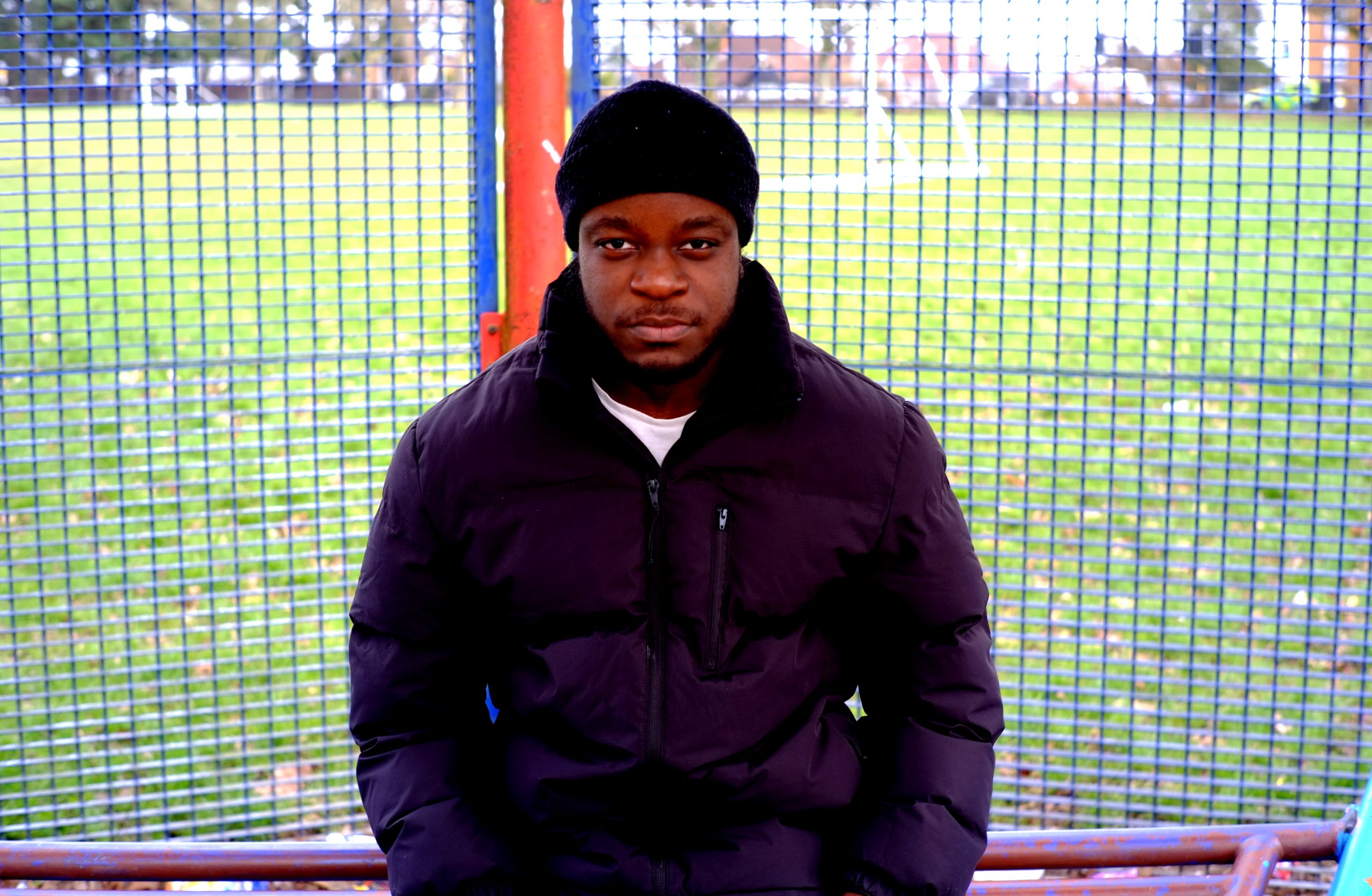
A moment of laughter lifts the serious contemplation… Almost like he knows this is not the normal thing for a lad his age to be so engaged with, and takes a moment to relax into the conversation. In short Fahadi never really told anyone what he was up to. Now, it would be easy to assume this was for an easy life, but digging a little deeper reveals exactly why he is the right person to champion working class issues. Fahadi hasn’t told anyone because he knows that a conversation like that would descend into banter and would trail off. Instead, Fahadi continues as he always has, as a friendly ear to his friends' problems and those of the wider community. Then he takes what he learns and does what he can to shed light on the problems through his more official roles.
Fahadi understands the temperamental relationship between governance, funding, law and working class realities. He already has a solid grasp of the nuance required to remain at the heart of a community as a friend or neighbour and to find ways to step up on their behalf - even if they know nothing about it. Fahadi seeks no praise and does not want to waste time justifying his choices - he is just a fearlessly determined emotionally mature activist leader.

That said, he also understands that this process goes both ways - that there are some things that require adaptation to ensure he has the right impact with his leadership.
“Even the way I'm talking to you now. I'm trying to make myself sound a bit more, well-spoken and posh. If you see me with the boys - I still talk the same. I'm still a young guy.” Fahadi says, “But yeah. Generally when you come from a background or area like mine, sometimes to be successful and to be recognised in areas that you typically don't see people like myself - you kind of have to adjust yourself a bit.”
Although Fahadi always seems to have his eye on the prize, he doesn’t take himself too seriously and is laughing away as he again seems to take note of the bizarre nature of his dual life.
“I remember I did something when I was younger. So we're on a board meeting with a bunch of stakeholders looking at mental health and wellbeing and I wore a durag!” Fahadi says, “But you know, I was able to talk well, so it's fine.”

Art as protest
In the heat of the worldwide BLM protests, Fahadi found himself urged to educate people in a creative way. This led to his first major art project in Cardiff. Fahadi has a committed interest in understanding the hardships that faced working class immigrant communities in Cardiff and felt called to draw attention to the desecration of the Tiger Bay community in the 60's.
“People got moved out, you know. New housing estates were built kind of further away, and this came to represent the elimination of the community. They just slapped a bunch of fancy buildings right where they used to live and changed the name. It became a representation of how our country's doing things wrong.
"How we're forgetting the history of the area, and how, you know, when we're developing areas, we need to involve the community and understand that these communities live there and make sure that development benefits them," asserts Fahadi.
"So what I did was I contacted the Wales Millennium Centre, on the run up to Black History Month, and I said to them, ‘We should do an exhibition for Black History Month’. They were on board immediately. So we actually did a huge exhibition on all of the windows with pictures of inspirational black figures, some from the era of Tiger Bay (like Shirley Bassey) and we got young people to write bio’s for these individuals.
"One thing that we did that was quite significant, was we put on the front of the building a massive sign saying ‘Welcome to Tiger Bay’. We wanted to show that, you know, before this was all here it was a minority group community," he says.
Credit: Fahadi
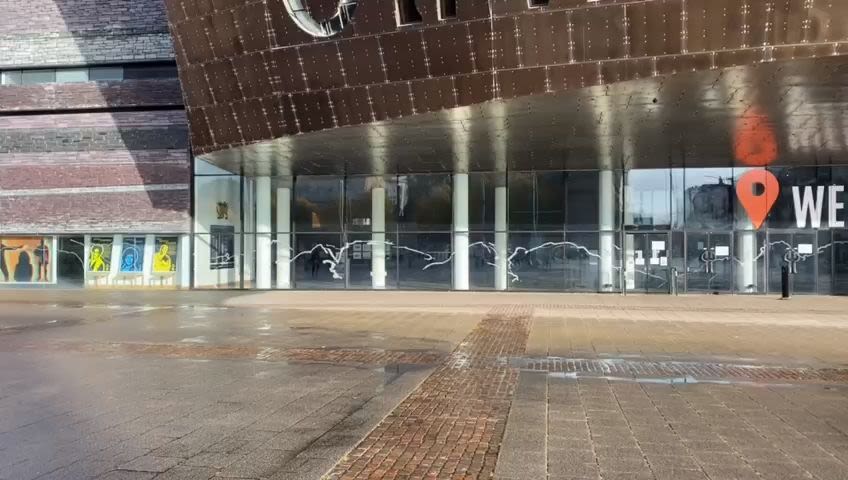
Through this project Fahadi has realised the potential he has to marry his drive for justice and social equality with art and creativity. It led him to apply to a programme that would help catapult him to the top table of creative decision making and project creation in theatre. This role will empower Fahadi to realise his potential as a creative and to learn the research, community engagement and logistics required to pull a show together.
Fits like a glove
In Common Wealth, particularly, Fahadi has found himself surrounded by the people finding innovative and honest ways to tell working class stories. This is not somewhere Fahadi has to change his accent, as he approvingly nods his head at having found his corner - “It's just straight, you know?”
It did not take long for Fahadi to make a real impression on Rhiannon White (one of the co-founders of Common Wealth).
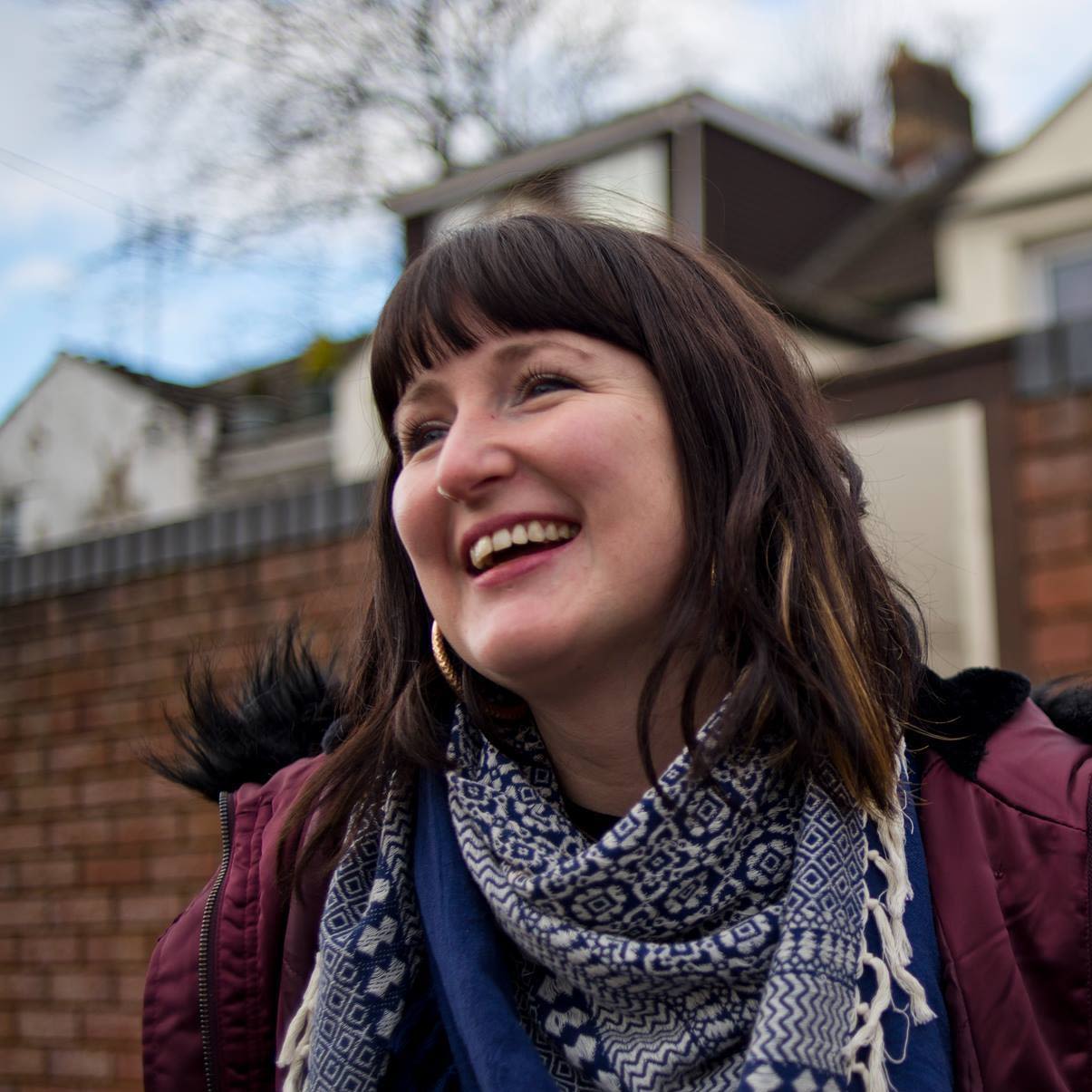
Credit: Jon Poutney
Credit: Jon Poutney
"He's amazing," she says, "He's only 19 and it blows my mind how astute he is about the world."
Having now been in the role for a couple of months, Fahadi is right in the midst of the creative process and enjoying every minute.
Here Fahadi talks us through the latest project he has been working on;

Fahadi is humbled and eager to use the opportunity to its full potential, but he wants to make sure he is a catalyst and not a novelty. That he uses this time to make sure he is opening the door that bit wider, not sneaking through and disappearing.
Talking about the future, the focus is on the endless mission to champion working class and minority stories. To find himself in a position where he can commission documentaries, art, theatre, dance - traversing mediums to ensure those stories are honoured and heard. Fahadi will change the world in his own distinct way and there is no doubt he's ready for it now.

